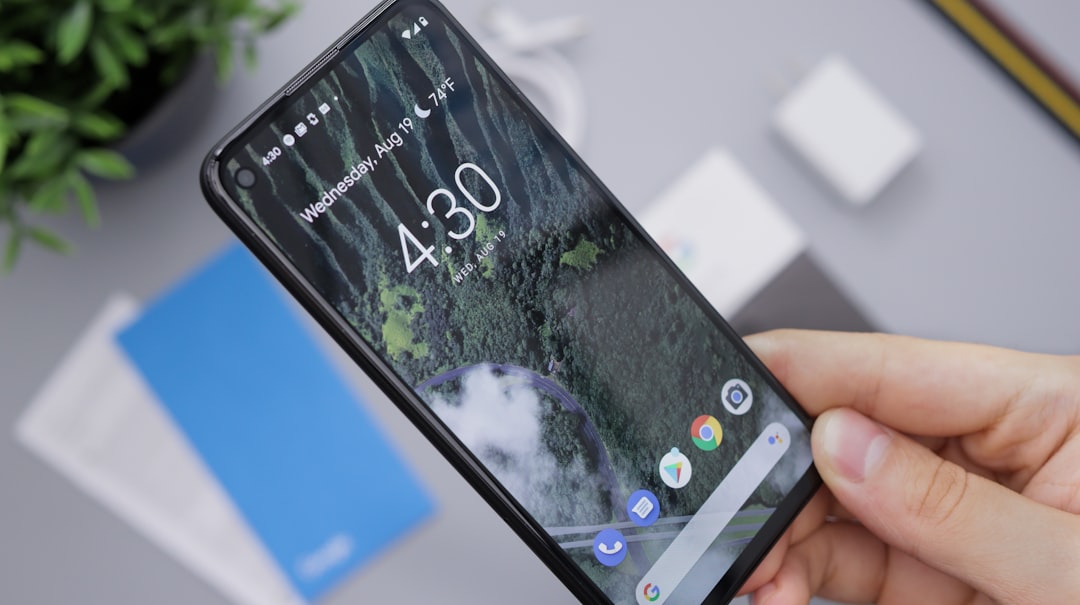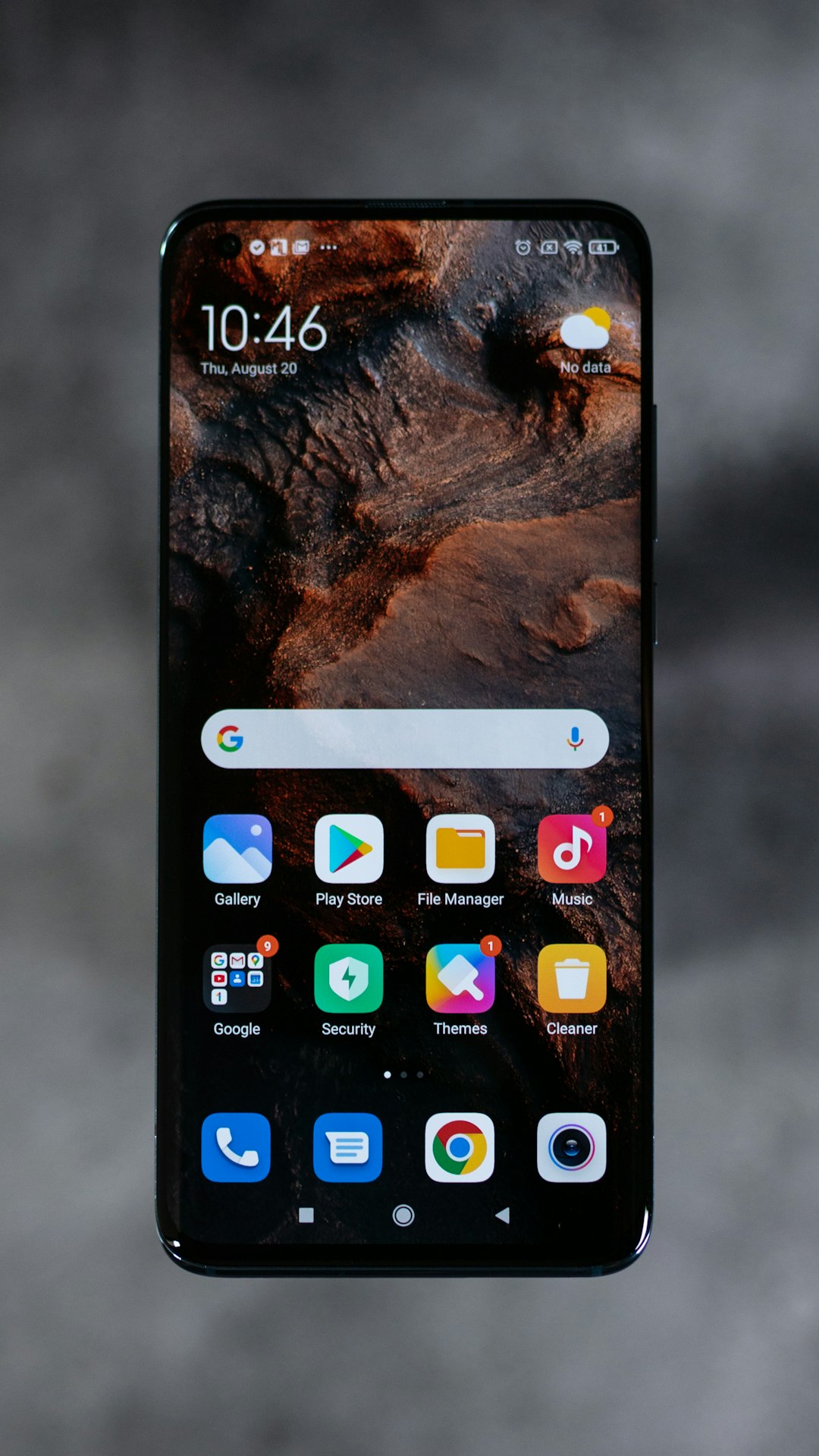Virginia's courts strictly interpret "prior express consent" for autodialers, requiring explicit consumer permission to comply with laws protecting individual privacy. Lawyers advising on autodialer usage must understand these rulings, providing strategic guidance for legal compliance, including refining scripts, implementing opt-out mechanisms, and staff training to prevent future legal issues. Demanding a lawyer for autodialer cases in Virginia reflects a commitment to fair business practices and national privacy standards.
In Virginia, the concept of “prior express consent” is a pivotal aspect of telecommunications law, particularly in cases involving automated dialers. This article explores how Virginia courts have interpreted this legal principle and its implications for businesses and lawyers navigating autodialer regulations. We delve into key court rulings, analyzing their impact on consumer protection and offering valuable insights for attorneys advising clients on the use of autodialing technology in Virginia.
Understanding Prior Express Consent in Virginia Law

In Virginia, “prior express consent” is a critical element in many legal cases, particularly those involving consumer protection and telemarketing regulations. This concept refers to explicit permission given by an individual for a specific action, such as receiving automated telephone calls (also known as autodialers). A lawyer for an autodialer in Virginia must understand that this consent needs to be clear, voluntary, and unambiguous to comply with state laws.
The interpretation of prior express consent in Virginia courts has been nuanced, emphasizing the need for a knowing and willing acceptance of automated calls. This means that even seemingly minor details in the process of obtaining consent can have significant legal implications. Therefore, businesses using autodialers must ensure comprehensive documentation and verification of consumer consent to avoid potential legal challenges and penalties.
Court Rulings on Autodialer Cases and Consent

Virginia courts have been instrumental in shaping the legal landscape surrounding prior express consent, particularly in cases involving automated dialing systems. These rulings have provided clarity on when and how businesses can utilize such technology while respecting individual privacy rights. In a series of notable autodialer cases, the state’s judicial system has emphasized the importance of explicit consent, often requiring companies to obtain direct permission from consumers before initiating automated calls.
This shift towards stricter consent regulations has been driven by court decisions that uphold the rights of Virginia residents. A lawyer for autodialer cases in Virginia can navigate these complex legal waters, ensuring businesses comply with state laws. By interpreting ‘prior express consent’ strictly, the courts send a strong message about the importance of consumer privacy and choice, setting a precedent for fair business practices involving automated communication methods.
Legal Implications for Lawyer Advising Autodialer Clients

For lawyers advising clients on using autodialers in Virginia, understanding the nuanced interpretation of “prior express consent” by the state’s courts is paramount. The legal implications extend beyond simply ensuring compliance; it involves strategic guidance to navigate the fine lines set by case law. In this context, a lawyer for an autodialer client in Virginia must be adept at advising on obtaining explicit consent from recipients, as well as documenting these processes meticulously to mitigate potential litigation risks.
The courts’ emphasis on prior express consent requires lawyers to educate their clients about best practices, including securing clear and verifiable consent before initiating automated calls. This involves reviewing and refining autodialer scripts, implementing robust opt-out mechanisms, and training client staff on compliance protocols. By doing so, a lawyer for an autodialer client not only ensures legal adherence but also fosters a culture of responsible marketing, potentially shielding their clients from future legal repercussions.






